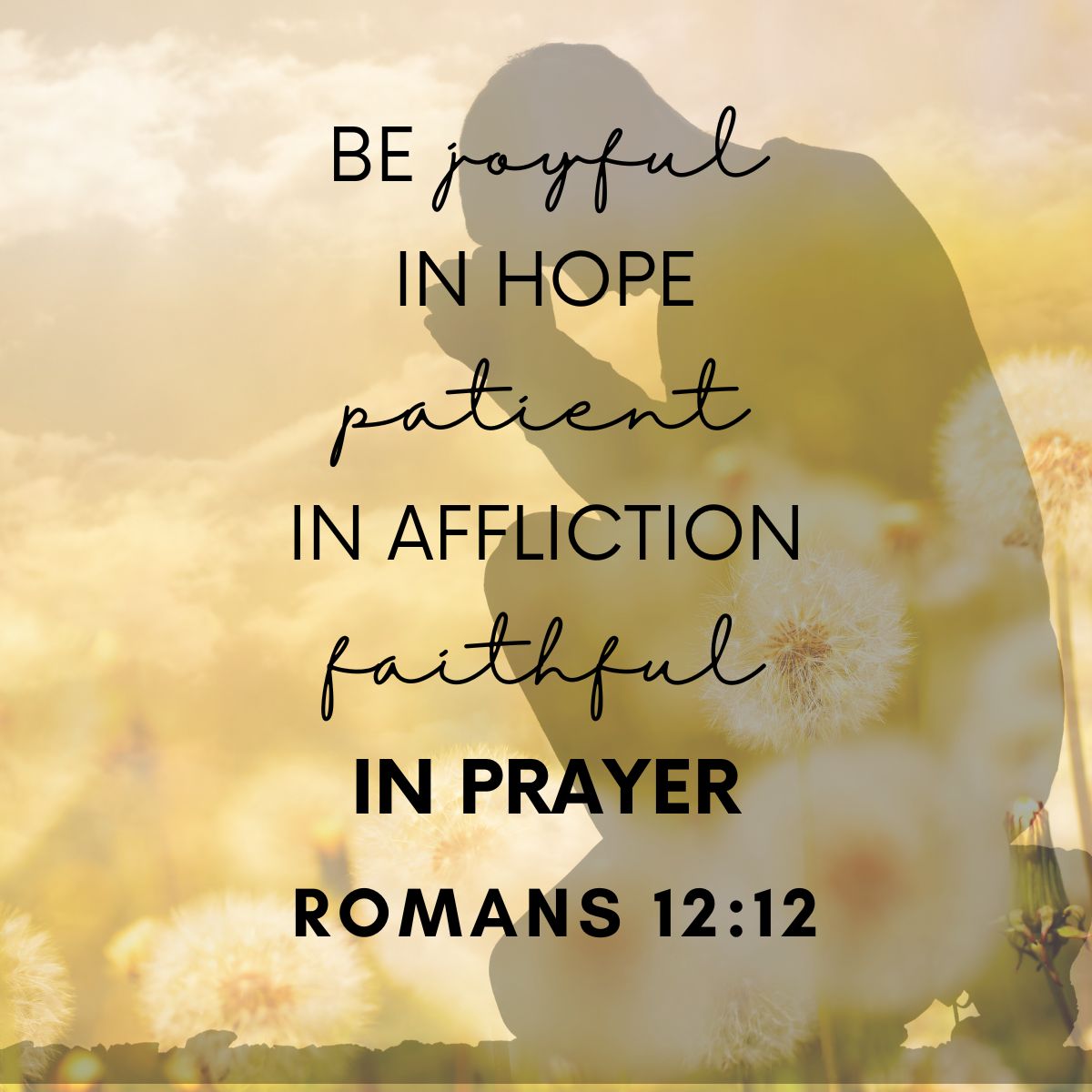Welcome to
Benson Baptist Church
Benson Baptist Church exists to lead all generations to love God and love People. Since 1906, we’ve been a Gospel-focused presence in our neighborhood, our community, and around the world.
Join us on Sundays at 10:15 a.m. for a beautiful blend of traditional and modern worship music and biblical teaching in a more casual environment.











